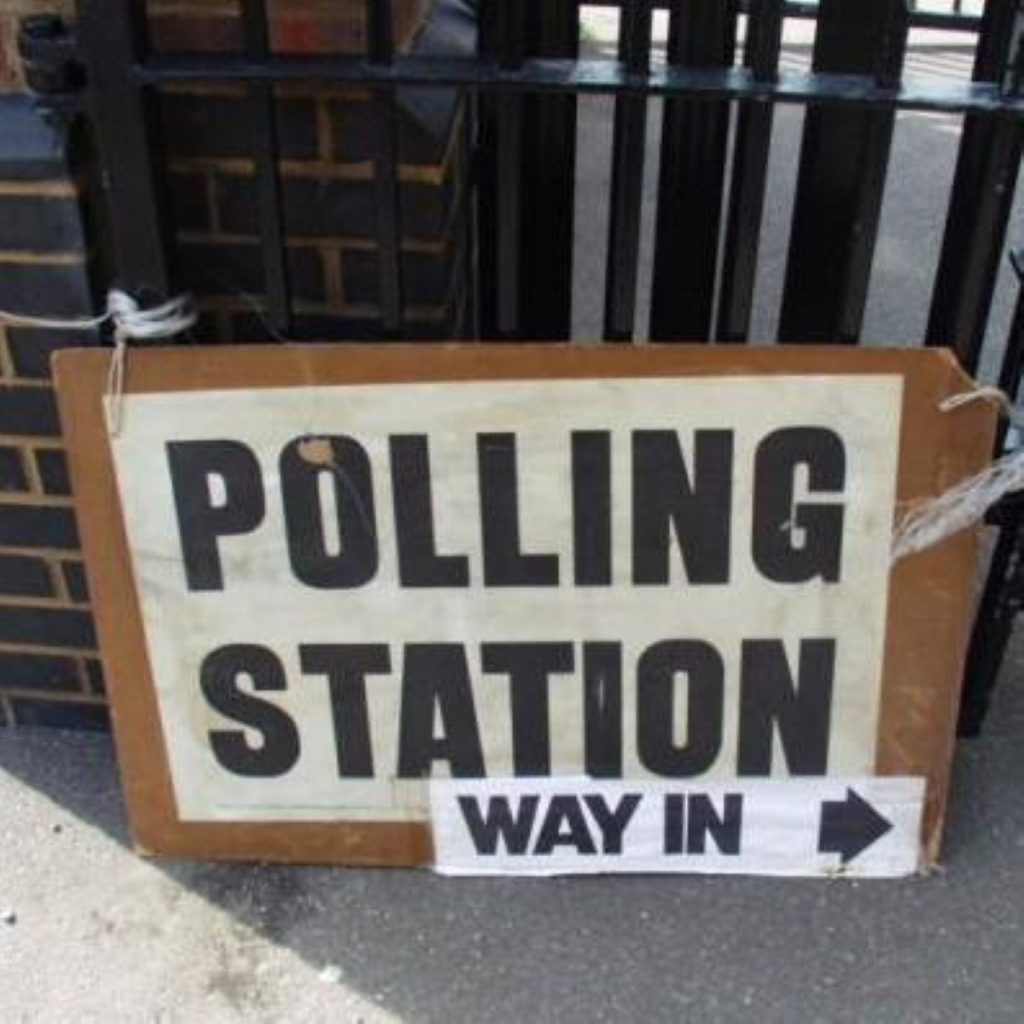Bank holiday voting ‘would boost turnout’
Holding elections on a special bank holiday would reverse dwindling turnout, a Labour MP has argued.
Writing for a series of political essays published by the Institute of Public Policy Research (IPPR) think tank, Emily Thornberry argues that weekend voting or an additional bank holiday could improve participation in the democratic process.
Prompted by falling turnout in local and general elections over the past two decades, Ms Thornberry warns voting is in “long-term decline”, with certain groups, including the poor and the young, increasingly likely to abstain from the ballot box.
“Being serious about reducing inequalities in election turnout also means making it easier for everyone to vote. A straightforward way to achieve this would be to move elections away from a regular workday,” Ms Thornberry argued.


“The most obvious option is to have elections on Saturdays – but we could also consider holding them on Wednesdays, and making election day a bank holiday. An unusual day off in the middle of the week would draw attention to the election, and it would give more people the time to vote, yet without encouraging them to take the day as part of a long weekend.”
Past efforts to boast participation have so far proved unsuccessful. In the local elections last year turnout fell to 36 per cent, despite extended voting hours, postal voting and warm weather.
Turnout in the last two general elections fell to 59 per cent and 61 per cent, marking the lowest participation since 1918.
Older people are most likely to vote, with pensioners twice as likely to vote in the last election as those under 25.
Furthermore a generation of adults who voted in their early twenties appear to be losing interest in the electoral process; in the 1992 general election, 70 per cent of 20-year-olds voted, but at the 2001 election turnout among the same cohort fell to less than 40 per cent.
There is also a marked participation gap between general and non-manual workers, Ms Thornberry noted.
The essay will be published as part of the IPPR’s collection Politics for a New Generation: a Progressive Moment, written to mark the tenth anniversary of the 1997 election.
Meanwhile, as political theorists speculate on ways to boost turnout, voters themselves are increasingly agreeing with opposition calls for a general election after Tony Blair leaves Downing Street.
Conservative leader David Cameron has long called for a snap election if Gordon Brown assumes power without a leadership contest.
A BBC Newsnight poll has now found nearly three-quarters of voters think there should be a general election after Mr Blair steps down. Although support is most marked among Conservative and Lib Dem voters, more than half of Labour voters also want a general election.
The Liberal Democrats have joined the calls for a snap election. Leader Menzies Campbell argued that voters backed Mr Blair in 2005 on the basis of his promise that he would serve a full term.
“When Tony Blair steps down it is only right that the British public have their say on who will be their next prime minister,” argued Sir Ming.












